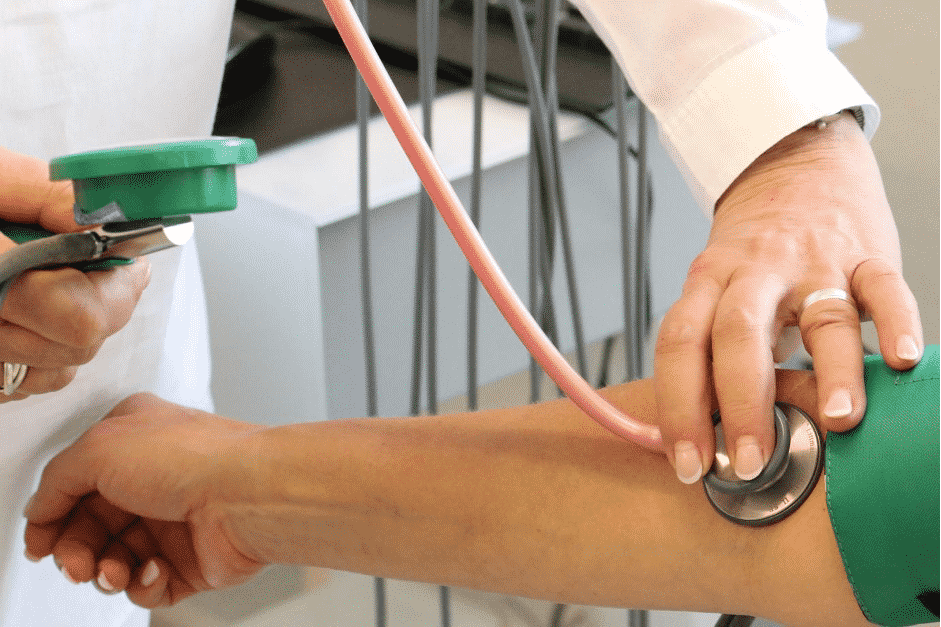DNP vs NP – Overview
Every year, hundreds of aspiring nursing students get stumped when deciding between a DNP and an NP.
To put it simply, a Doctor of Nursing Practice (DNP) is a terminal degree in nursing, while an NP is a nursing career or occupation.
This article is meant to resolve this confusion.
Difference between DNP and NP
Several acronyms in nursing often lead to confusion. DNP programs are meant to train experienced, licensed nurses, which includes NPs.
These professionals are trained in leadership or certain advanced practice registered nurse (APRN) jobs.
Simply put, a DNP degree is the path for registered nurses (RN) and NPs to boost their nursing careers. A DNP is not a career in itself.
To become an NP, one must complete a graduate-level program (Master’s or Doctoral) in nursing and obtain certification in a specific patient population focus area.
Although many RNs pursue a Master of Science degree in Nursing (MSN) to become NPs, you can also enroll in a DNP program with an MSN or a BSN degree.
Top 4 Major Differences | DNP vs NP

Here are the major differences between a DNP and NP:
Years of Education
The duration of a BSN to MSN program can vary, typically 1.5 to 3 years for full-time students. Part-time paths can extend longer based on the program structure and student pace.
For those looking to take the RN/AND to MSN path, the course takes around 3 to 5 years in full-time and over 5 years in the part-time program.
For those who have an NP with a DNP degree, the MSN to DNP path involves enrolling in either a 1 to 2 years full-time program or a 2 to more than 3 years long part-time program.
For those seeking a BSN to DNP path, the program duration will be between 3 to 4 years in full-time and around 4 to more than 7 years in part-time programs.
Salary
The specific salary range will depend on the specialty, experience, education and work environment.
For those pursuing an NP career with a DNP degree, the average annual salary is approximately $111,000, with variations based on specialty, work setting, educational background, and experience. (1)
After completing your DNP this way, you can also choose to advance your career as a Chief Nursing Officer and similar higher-level roles.
Specialization
For those pursuing an NP with an MSN degree, there are multiple choices of specialization, including adult care (ANP), acute care (ACNP), neonatal care (NNP), family care (FNP), oncology, nephrology, orthopedics, pulmonology, women’s health (WHN), pediatric care (PNP), etc.
Certified Nurse-Midwife (CNM) is a specialization available to nurses with a Master’s degree in nursing (MSN) or higher; it’s not exclusive to DNP-prepared nurses. Nurse administrators can also come from MSN backgrounds, and DNP programs often focus on advanced clinical roles, leadership, and healthcare policy.
Career Prospects for DNP vs. NP
If compared, the NP field is more promising regarding employee demand in the healthcare industry. Reports expect to see an impressive 36% increase in NP positions by 2026.
There is a growing demand for healthcare services, thanks to states’ willingness to let NPs provide the majority of medical services.
Thus, it is quite common now to see NP staff administering patient care in outpatient and urgent care facilities.
As most nurses with advanced degrees have an MSN, a DNP degree is an excellent way for an NP or RN to boost their career prospects and become an outstanding candidate.
In addition, a DNP may also help to pursue more fruitful and lucrative leadership positions in the nursing field.
Nurse administrators and Chief Nursing Officers (CNOs) can have various educational backgrounds including MSN or DNP degrees. The DNP prepares nurses for the highest levels of clinical practice and leadership but is not required for all administrative roles.
Overall, several factors, such as years of education, job options, and earning potential, eventually help students get an NP or an NP with a DNP degree.
Conclusion
We hope this article helped us understand the stark difference between a DNP and an NP.
If you aspire to advance your nursing career, pursuing an NP with a DNP degree is highly recommended.
See Also